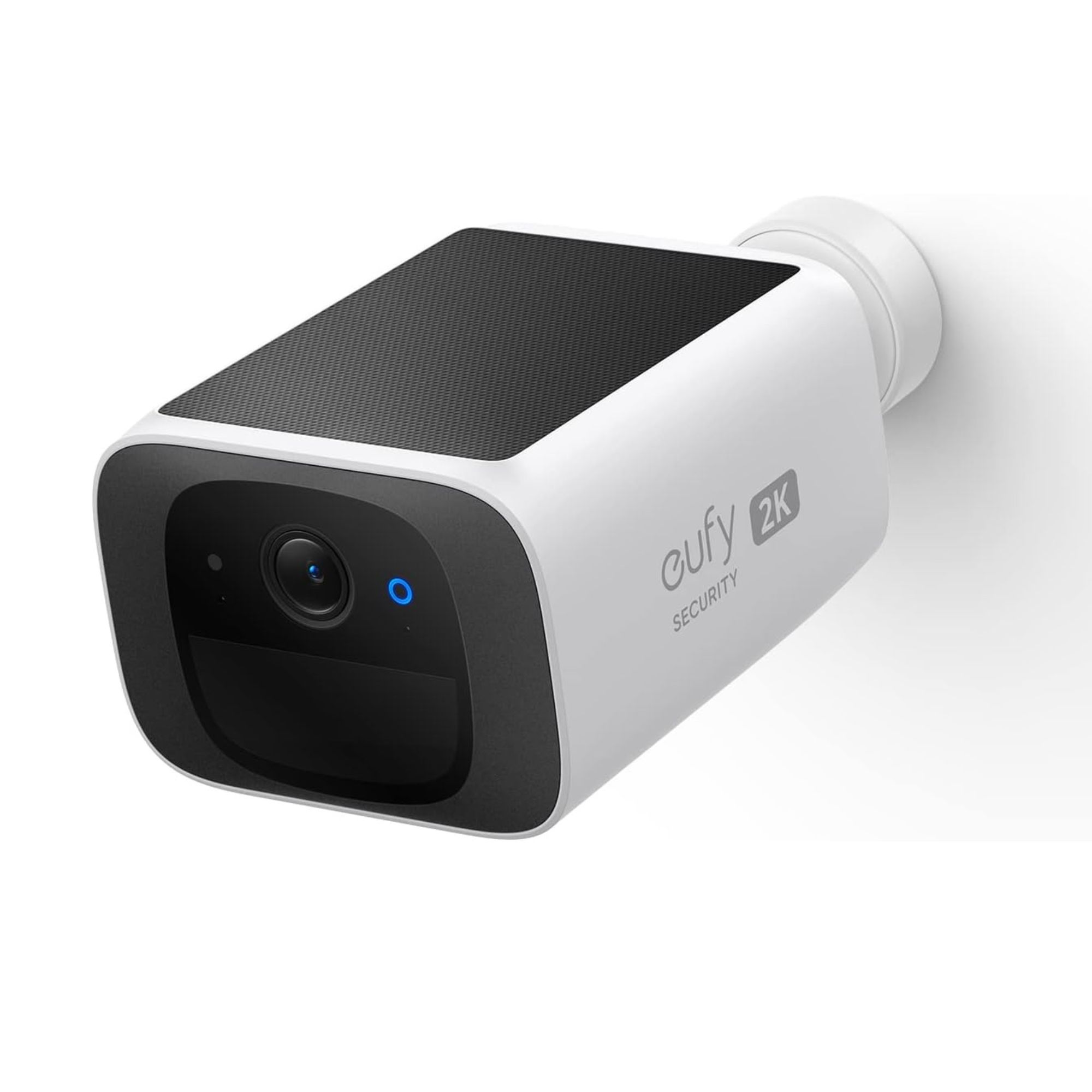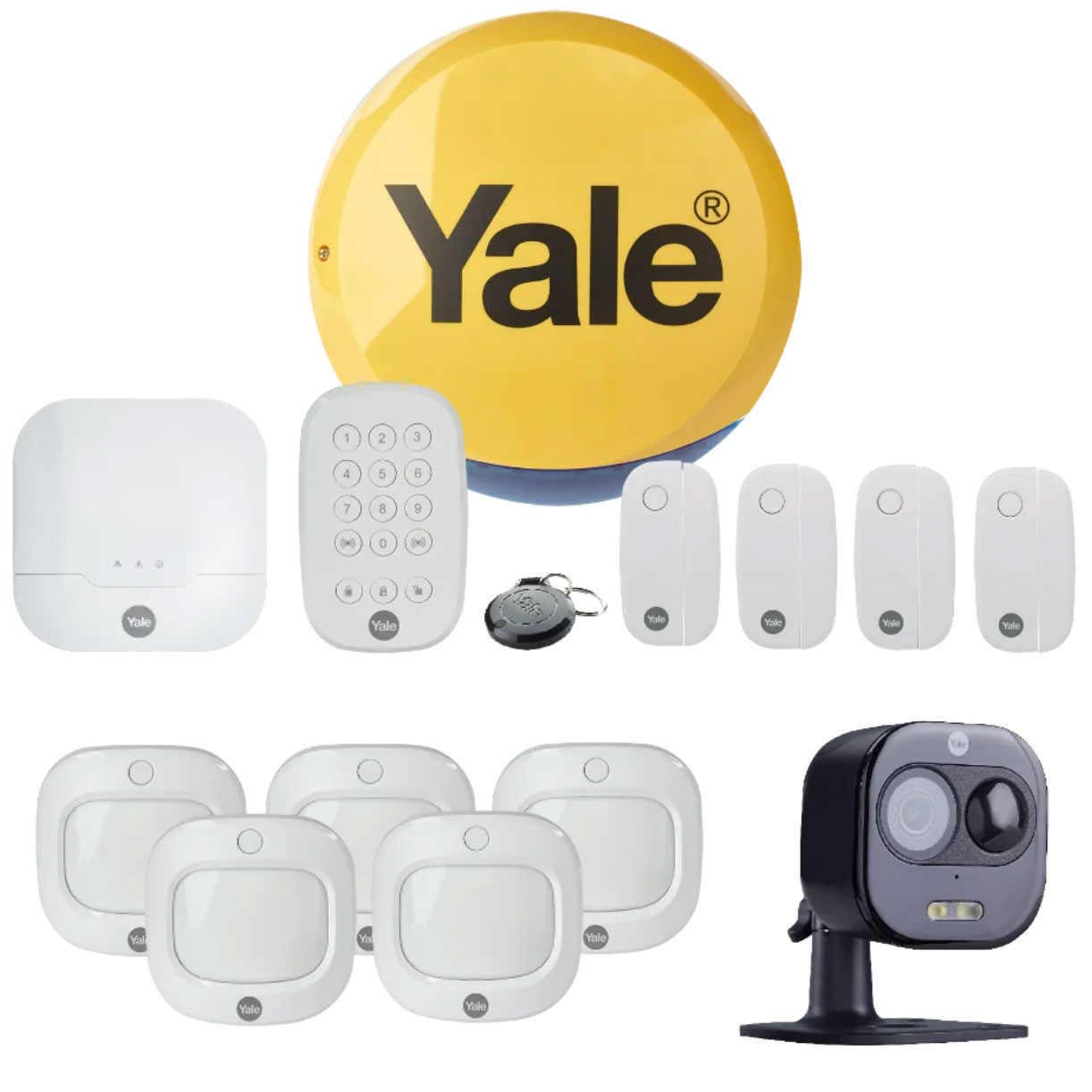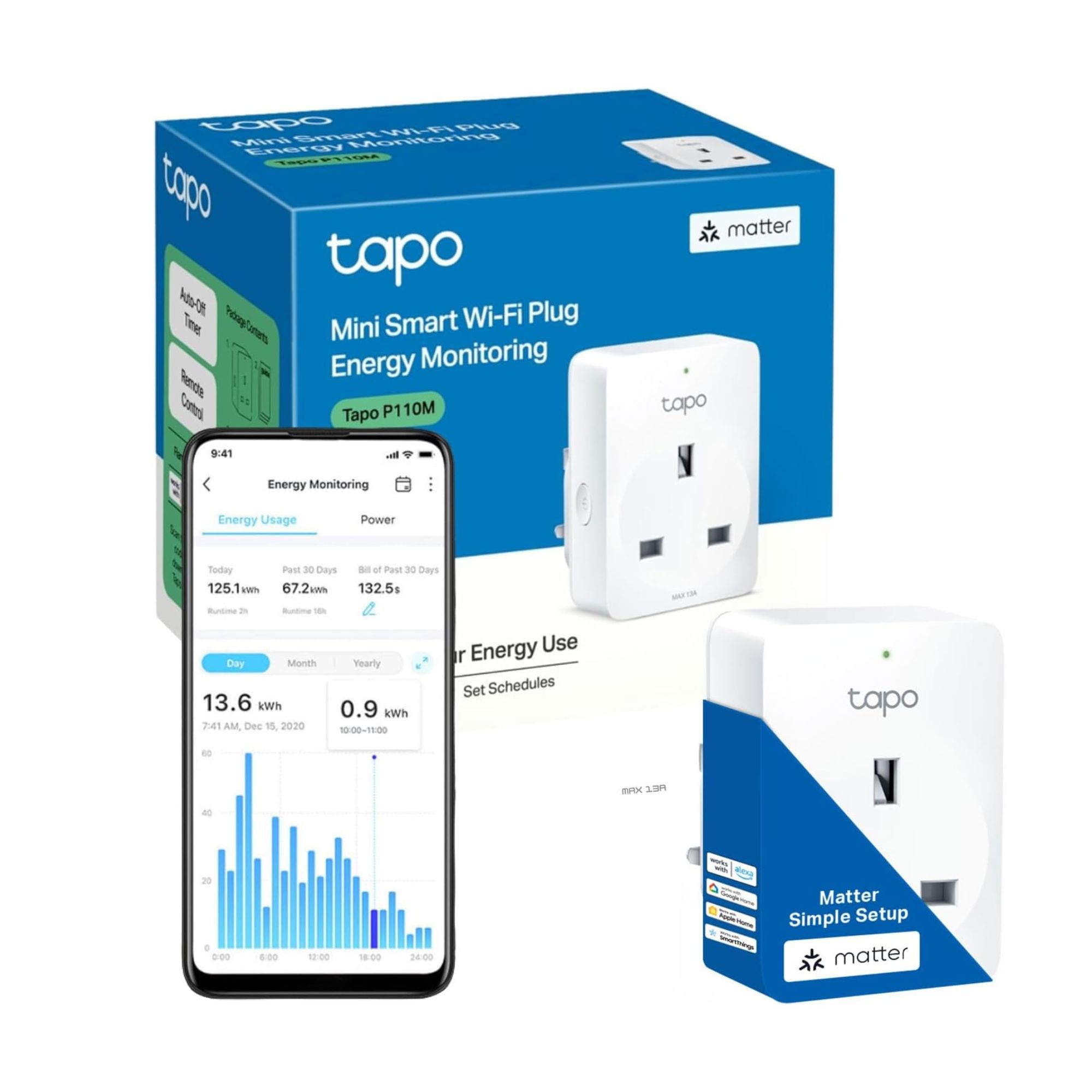How much electricity does a home security system use? It all depends on what you choose, according to experts
There are ways to keep costs down, too

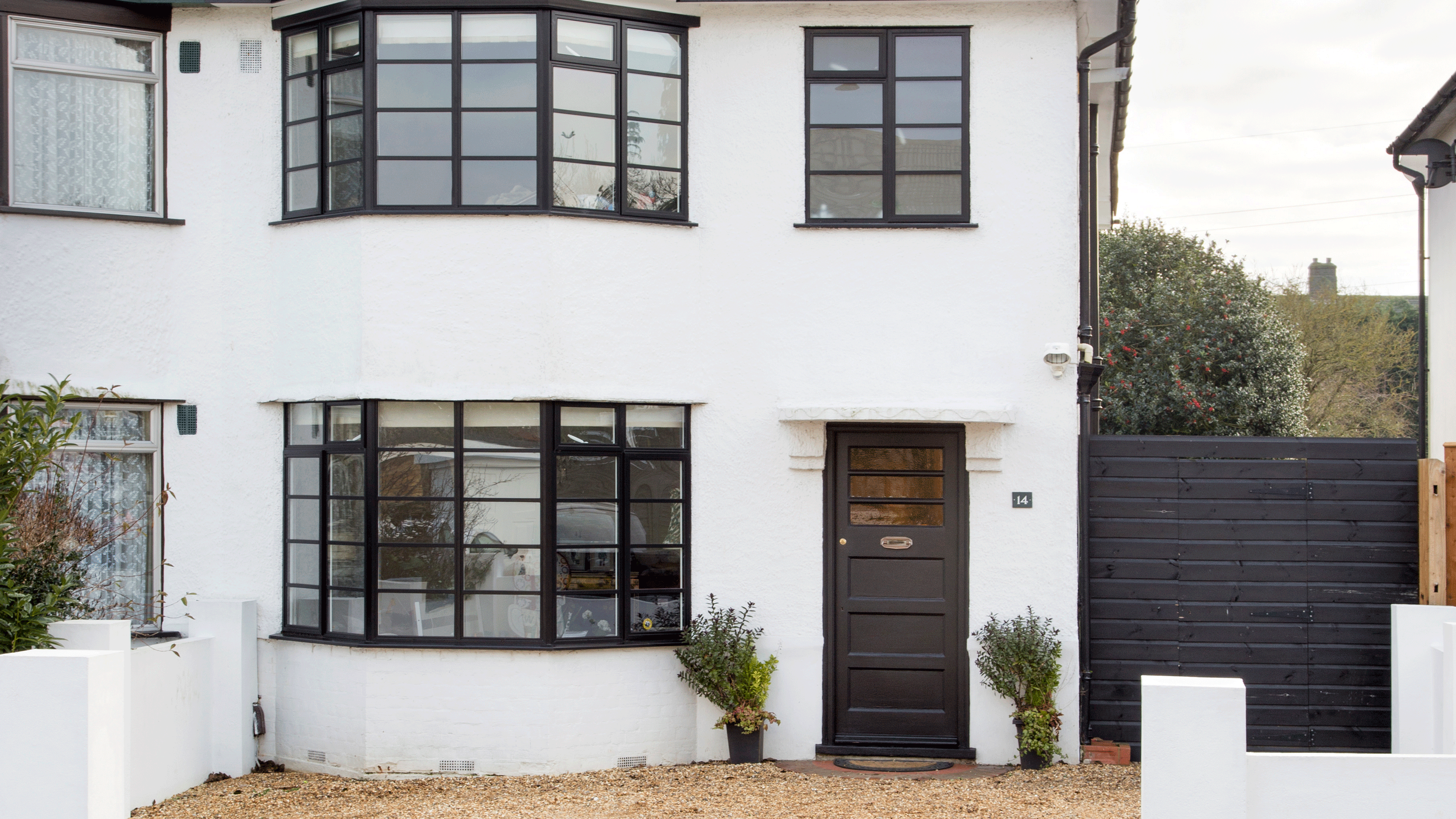
While a worthy investment, home security systems aren’t cheap. That’s why it’s also good to factor in how much electricity a home security system uses so you can understand how much it’ll really set you back.
Yes, if you want to ensure the safety of your home and your family, investing in home security systems is the way to go. Whether you’re leaning towards smart home security, want to keep an eye on visitors with the best video doorbells or want all-around coverage with the best wireless security cameras, there’s a home security product out there for every need and every budget.
But many people forget to factor in energy when choosing home security systems. And with the price of everything going up, knowing how much electricity a home security system uses can help you narrow your search and know exactly how much it’ll cost to keep your home safe.
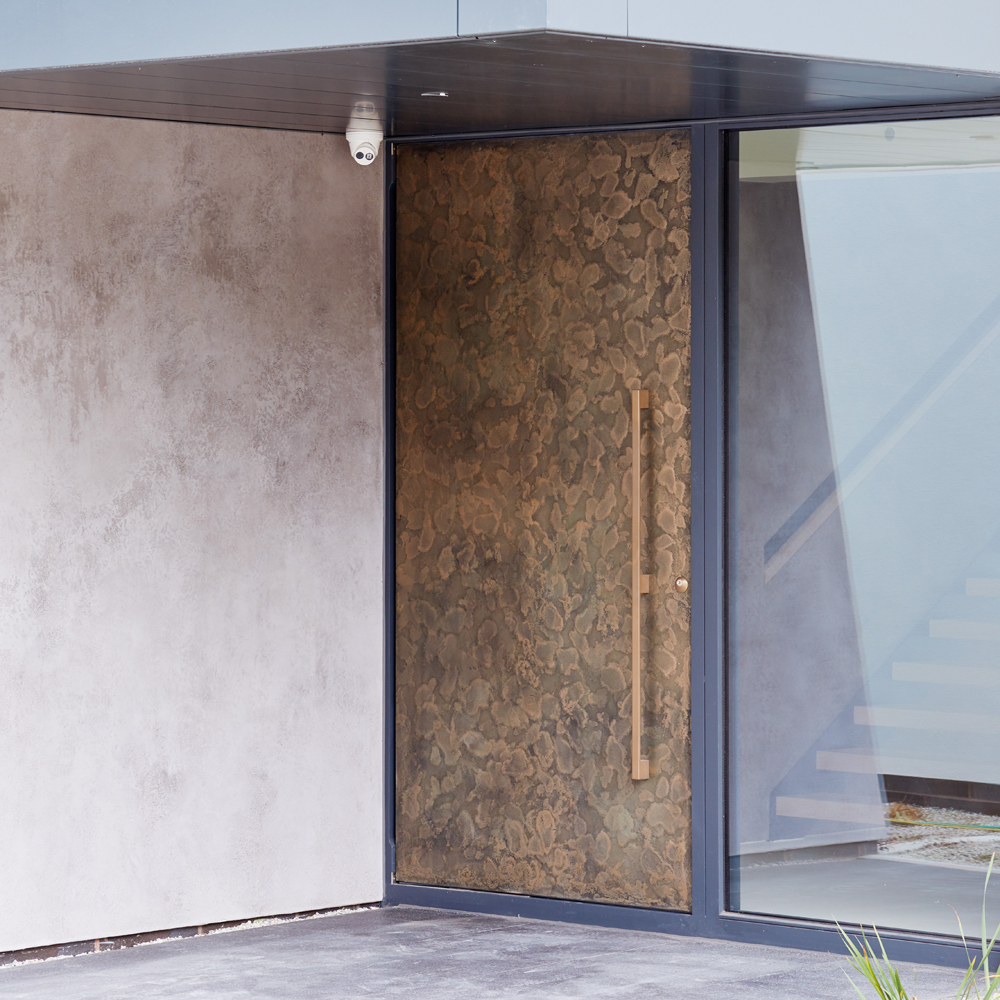
While we’d love to give you a figure and tell you exactly how much electricity a home system uses - and how much this will set you back - it’s a little more complicated than that. After all, every home security system is different.
This is echoed by Anthony Neary, security expert at Safe.co.uk. He says, ‘The general wattage of home security systems can vary based on the components and features included. Security cameras, for instance, typically consume between 4 to 15 watts each for wired models.’
This is often the case with wireless security cameras, too, as seen with the popular Tapo 2K Wireless Outdoor Security Cameras from Amazon. These cameras use 9 watts of energy - but this will deplete the battery and only cost you electricity when you need to charge the battery.
Of course, when calculating the cost of energy, you also need to consider the current energy price cap (which changes every three months), the current standing charge, and your energy supplier.
Sign up to our newsletter for style inspiration, real homes, project and garden advice and shopping know-how

Not only that, but you also need to consider the other components that may form the rest of your home security system. After all, you can use many different security measures to protect your home.
Anthony adds, ‘Control panels range from 15 to 30 watts for advanced models, and door or window sensors can vary from 1-5 watts.’
‘Alarms and sirens range from 5 to 10 watts for basic models and 10 to 20 watts for advanced versions that include lights or other features,’ he finishes.
So, to work out how much electricity your home security uses, you need to look at the products you’re using and the up-to-date energy charges in the UK. Only then can you decide whether you think a home security system is worth it.
How to conserve electricity when using a home security system
If you want to protect your home but you’re worried about how much electricity a home security system uses, there are measures you can take to bring that number down, save energy, and save yourself some money. Thankfully, they’ll still keep your home and your family safe:
1. Choose your power wisely
While wired security systems are generally considered to be more reliable (especially if you’re someone who forgets to charge their devices), they also use more energy. So, you might want to consider a different energy source.
Sachin Surti, Hardware and Fixings Buyer at Homebase, says, ‘Wireless systems powered by battery packs are more energy-efficient, using less than 5 watts. Many security devices also now offer a solar-powered option, which is a free source of energy all year round, allowing you to position these products anywhere you like.’
In fact, it’s now easy to find solar-powered security cameras and lights. You just need to keep an eye on them during the darker, colder months.
2. Use smart technology
Smart products and smart technology are everywhere nowadays, from smart watering systems to smart lighting. Thankfully, utilising smart technology within your home security system can also help to reduce its electricity use.
Sachin says, ‘Consider motion sensors that will trigger cameras to only record when there is movement and look for energy-efficient models with power saving or sleep mode settings. Ensure your home security system is using energy-efficient LED bulbs, or consider motion-activated lighting.’
Many smart security systems have also started to use AI to their advantage, and you may want to consider this when making your next purchase or upgrading your old security system. As Sachin says, ‘The addition of AI technology has significantly improved their ability to learn and then adjust their energy savings based on a home’s needs.’
This way, you can ensure that your home security system only uses as much electricity as it needs to protect your home - and never any more than that.
3. Understand and control your usage
One of the best ways to save money on your home security system is to understand and control your usage. Of course, if you have a smart meter, you may already have a good idea of how much electricity you use on a daily, weekly, and monthly basis.
But if you think you’re using too much electricity and want to cut down costs, you also need to investigate where you could cut down energy usage.
Sachin says, ‘Being proactive and monitoring your own personal energy consumption can be easily achieved with apps to track various appliances and devices. Having visibility of energy use enables you to identify any high usage patterns and take the above steps to mitigate wastage.’
For example, it may be that you don’t need all of your home security components on at all times, especially if they aren’t essential.
‘Those who choose to have cameras indoors should consider turning them off when you are in for the day,’ says Anthony. And the same notion applies to those who use pet cameras or outdoor security lights.
If you can, only turn these on when you need them - like turning indoor cameras and pet cams on when you leave the house and only turning your security lights on when the sun goes down.
However, you should also be cautious and never turn off essential components like outdoor cameras, video doorbells, or window sensors.
4. Clean your products
It may sound silly, but cleaning your home security system and the products within it can help reduce its electricity use. In fact, how many times has a spider set off your video doorbell or your alarm system been triggered by cobwebs?
‘If you have any cameras outdoors, consider cleaning them of cobwebs, dust or leaves to avoid setting off a false alert,’ explains Anthony. Thankfully, there are many tools out there that can help you do that - even if your security cameras are near the roof and out of reach.
This also applies to any indoor cameras, too, and you should aim to dust them regularly as part of your cleaning schedule to avoid unnecessary electricity wastage.
FAQs
Are alarms connected to electricity?
Many traditional burglar alarms are connected to the mains power and, therefore, require electricity to work. These are normally the alarms that you see on the front or back of a house and include a keypad system that you can control when you enter and leave your home.
However, it’s fair to say that burglar alarms have come a long way since these traditional alarms were popular. Some people no longer have these mains-wired alarms but have instead opted for smaller smart cameras and sensors that allow on-demand surveillance.
Many of these modern alarms are still connected to electricity if they are wired, but it’s also possible to buy wireless or even solar-powered alarms, too.
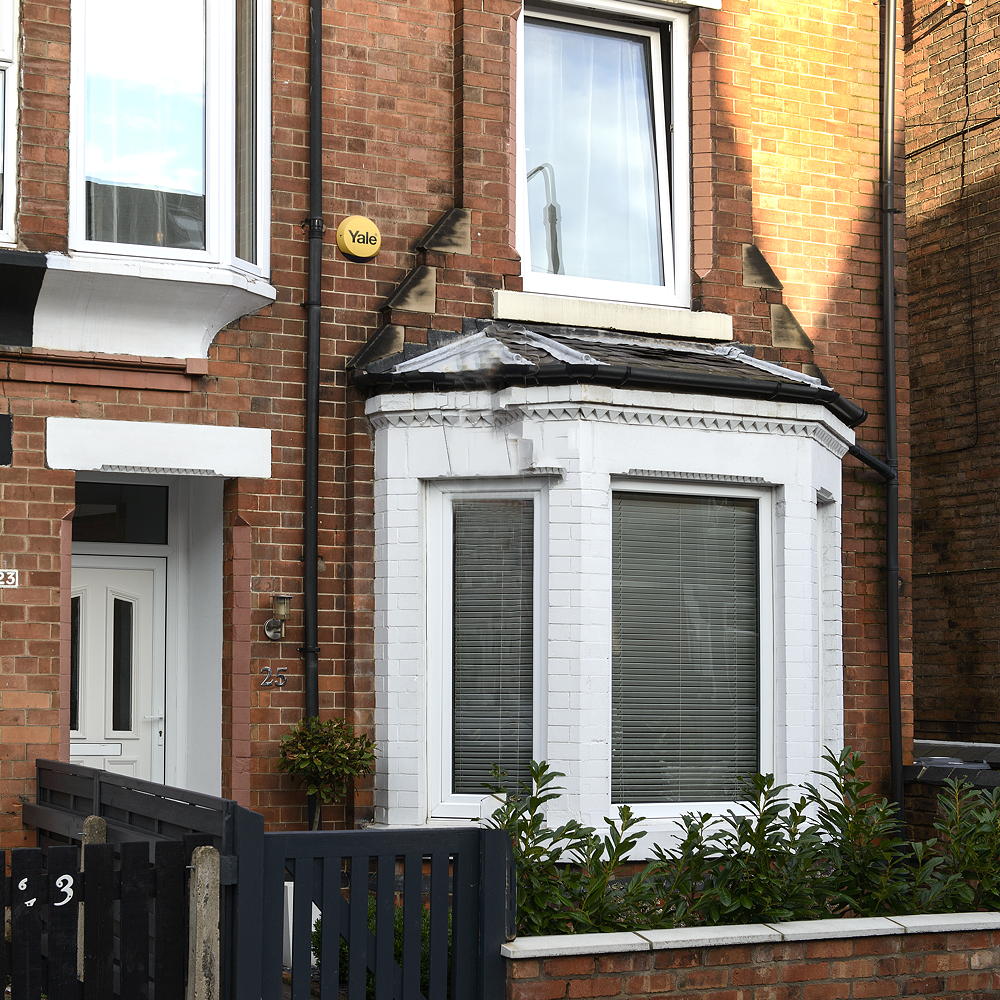
What happens to a burglar alarm in a power cut?
To ensure the safety of your home, most modern burglar alarms also come equipped with a backup battery that will kick into action if you have a power cut. However, this may not be the case with older alarms or new, smarter alarms.
Because of this, it’s always best to check the specific product you’re buying to ensure that your home will stay protected in the event of a power cut.
Now you know how much electricity a home security system uses, we’re intrigued. Did you think it was more? Or less?

Lauren Bradbury has been the Content Editor for the House Manual section since January 2025 but worked with the team as a freelancer for a year and a half before that. She graduated with a Bachelor’s degree in English and Creative Writing from the University of Chichester in 2016. Then, she dipped her toe into the world of content writing, primarily focusing on home content. After years of agency work, she decided to take the plunge and become a full-time freelancer for online publications, including Real Homes and Ideal Home, before taking on this permanent role. Now, she spends her days searching for the best decluttering and cleaning hacks and creating handy how-to guides for homeowners and renters alike, as well as testing vacuums as part of her role as the Ideal Home Certified Expert in Training on Vacuums, having spent over 110 hours testing different vacuum models to date!
